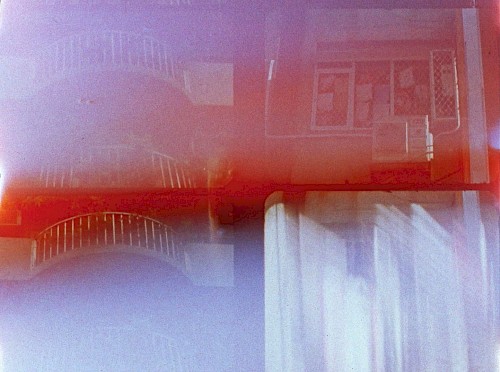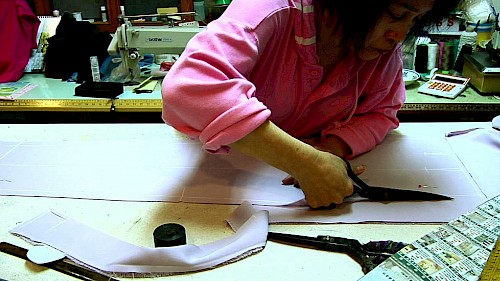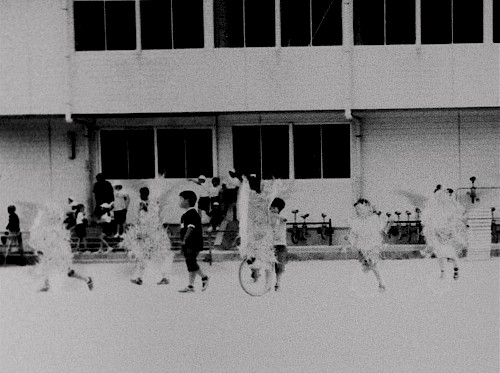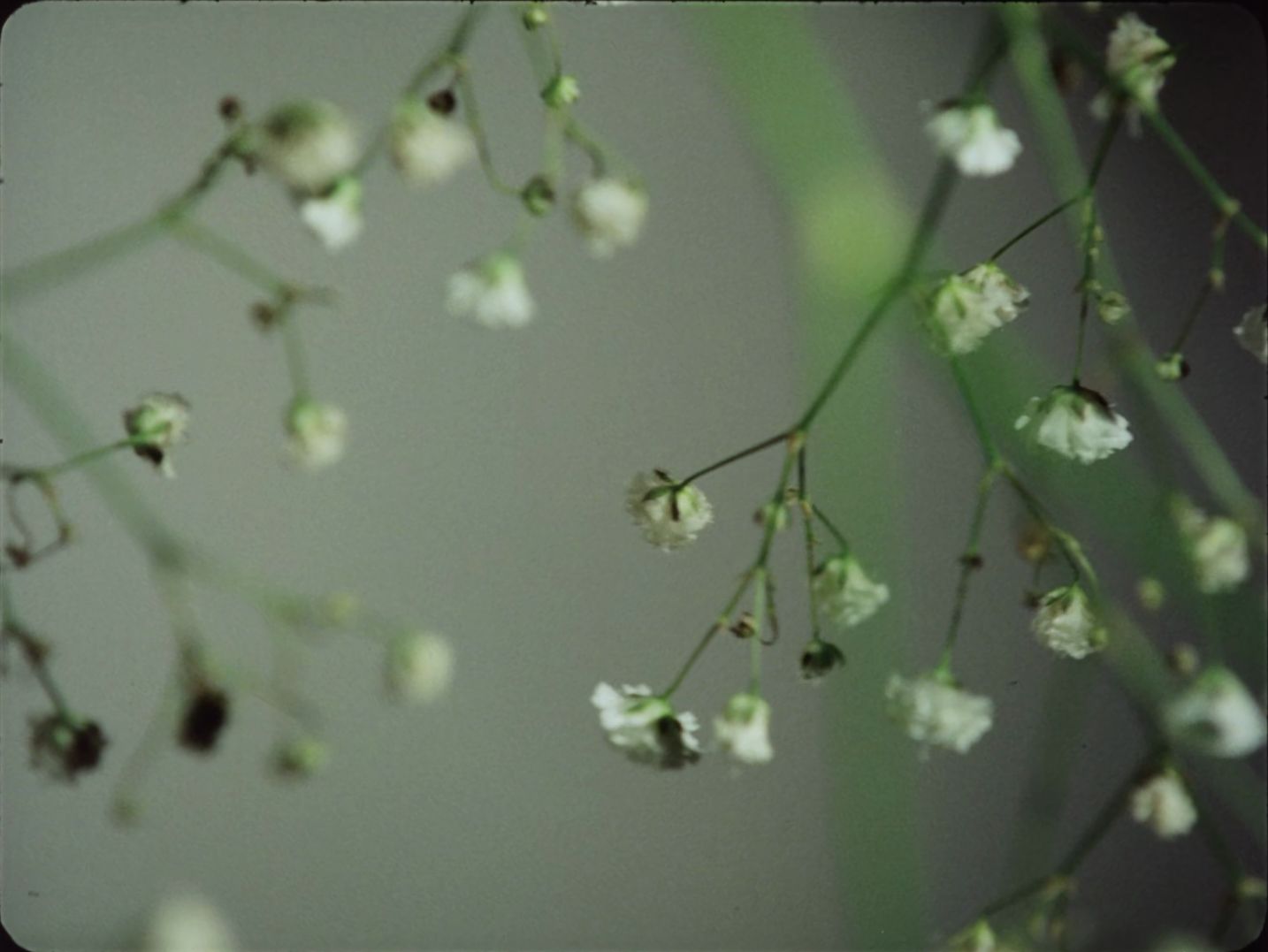The moon makes the tides ebb and flow, the notions of home and belonging are on one shore, the drive for individual consciousness is on the other. Theherstories(women’s and feminist stories), conjugated in the continuous present tense, were written by the vagaries of daily life and are rewritten in their inner landscapes as well as in collective scenes, like waves drawing the shore.
The Other Cinema is delighted to present this program, the result of research into the work of women experimental filmmakers from the 1990s to the present, through which we have selected these films from the past decade and put together this set, finalized by Tzuan Wu. Although this selection of experimental short films represents only a small part of the Taiwaneseherstory, it reflects its different dimensions and the fluid nature of the “country”. In these works, we discovered a great amplitude of mediums (film / video) and formal experiments: abstraction, animation, filmed diary, documentary. Finally, the stories are made up of the ebb and flow of human experience.
The forms themselves are very different: these works are the crystallization of pieces of life, they are formed from the success of a kind of initiatory experience that is realized through the multiple stages of life. For example,Transcript (the other version) andEmulsion Connection share a childlike sensibility in their relationship to home and childhood memories;The Window of Desire reflects on an adolescent dream and the self-transformation of body and desire;Sucker’s Love simply uses a family album to tell the story of unhappy loves between oneself and one’s family;Transactions tells of the genuine emotion that emerges between a devoted mother and an introspective daughter; andHow Old Are You? How Old Were You? uses adult symbolism and visual language to describe motherhood and the circle of life. This theme of water, mothers, daughters, is universally feminine, yet on some level these works would not exist if the circles of gender politics and experimental film in Taiwan had not intersected.
To summarize: in the 1980s, Taiwan receives radical feminism from the United States. In the 1990s, our own queer theory and the LGBT rights movement flourish. Then in the 2000s, a new national identity is formulated among the younger generations. The reformulation of identity is always an issue in Taiwan: the island is constantly changing, our conjuncture remains in a floating state always in the making. By focusing on recent experimental films, it is possible to feel that the evolution of social policies is embodied in personal artistic creations. In a sense, the slogan “The personal is political” shares deep roots with each of the perspectives opened up by experimental cinema. Films dealing with societal issues can be found in more accessible film genres, but the spirit of women’s self-knowledge is the essence that all of these works have in common. An alternative form of radicality is manifested in these films, a decolonization of themale gaze (a construction of the gaze in cinema predefined by masculinity) that focuses on socio-economic issues. In their place: personal experiences, sexual exploration, meditation, a sense of space, and awareness are visions of themselves.
On the other hand, after the Taiwanese New Wave, the revival of commercial cinema in the 2000s manages to curb film practices that are art for art’s sake. It is important to continue to see these alternative practices as a means of resistance to male-dominated cinema sold to the industry. Many of these works are made by filmmakers who have received their training abroad, as it is not available locally. Many of them develop a certain nostalgia and express their interpretations of the consciousness of their space and native land. This is the case ofThe Islands, which uses images of other places to compose a puzzle of the dreamlike path that leads back home. OrFlow, where a spiritual journey through abstract and rhythmic moving images is created. Through these practices, they acquire their own singular voice and expression in filmmaking.
—
Tzuan Wu (The Other Cinema)



















